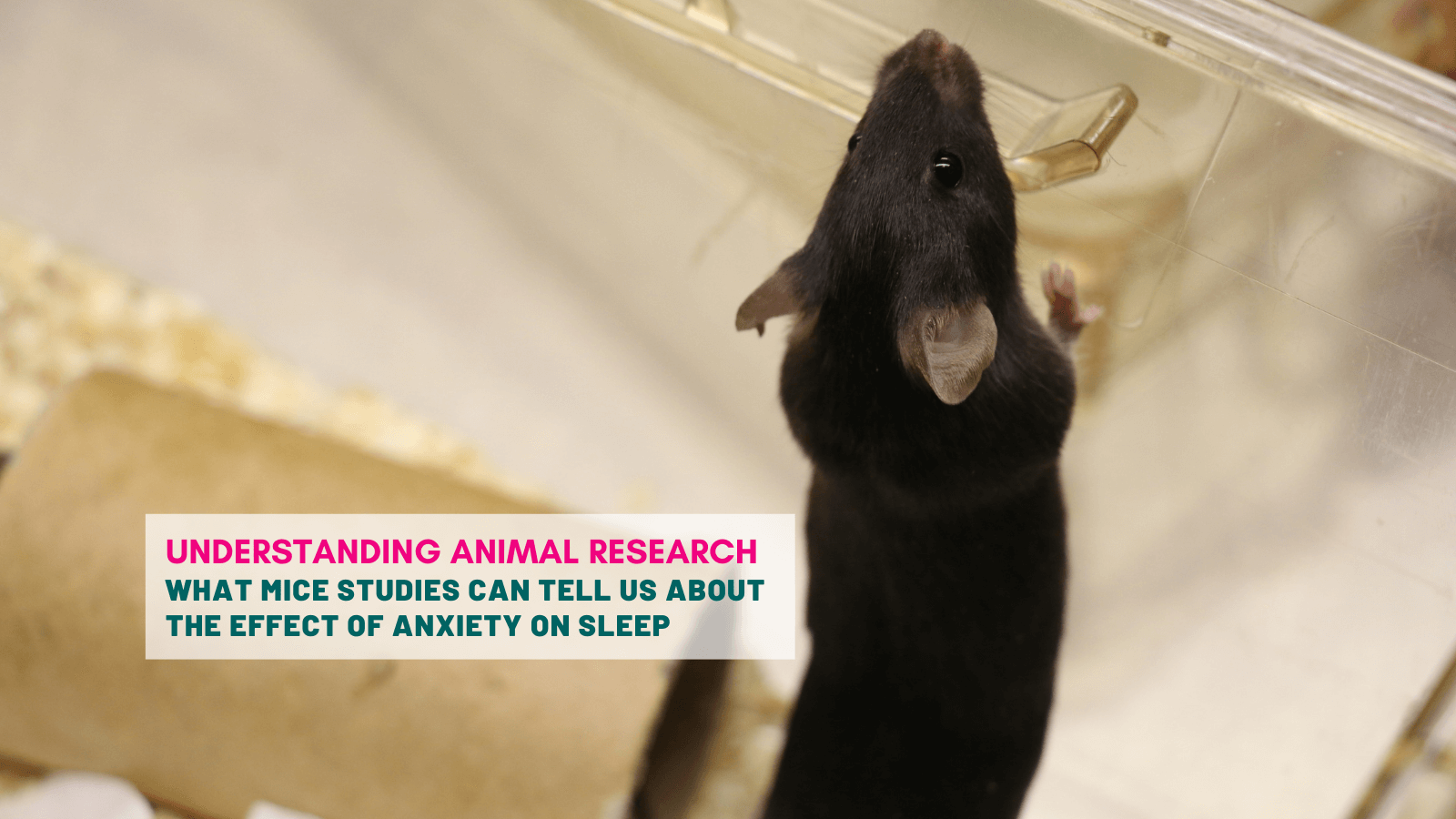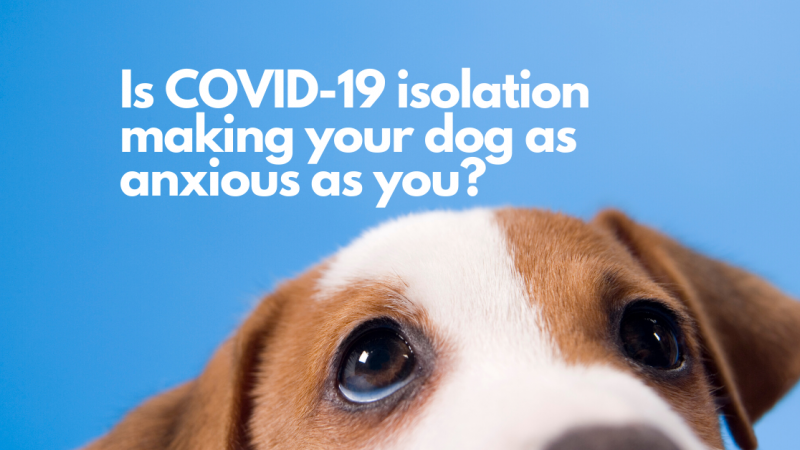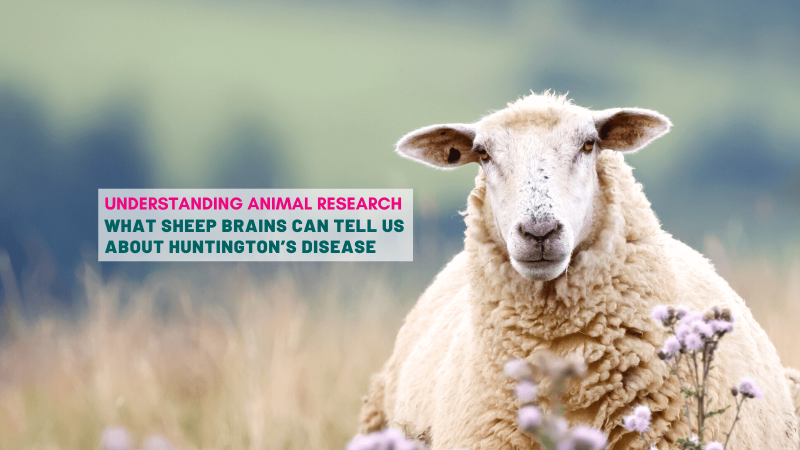
Anxiety affects sleep patterns in mice and might explain why we are sleeping less well under lock down.
Sleeping less well these days? Don’t be surprised, the COVID-19 linked worldwide shutdown seems to be having that same effect on everyone. People have been reporting sleeping more but less well and having vivid dreams.
Thousands of people have been having nightmares since the start of the pandemic. Changes in sleep patterns may mean that many of us are dreaming more or remembering more of the dreams that we have, while the looming threat of the virus may have affected the nature of the dreams themselves.
At the same time, anxiety can disrupt our sleep, leading to more awakenings. When you awaken out of Rapid-Eye-Movement (REM) sleep, also known as paradoxical sleep, you’re much more likely to remember the dream you were having.
So how is anxiety really affecting our dreams and our sleep patterns? For decades now, researchers have been trying to elucidate dreams and sleep. “And although it is difficult to study dreams in animals, as they can’t just wake up and talk about their dreams,” explains Dr Julie Seibt, sleep researcher at the University of Surrey. “it is quite easy to take a look at sleep quality and patterns.”
Studying sleep in animals
“Often people misinterpret the reactivation in sleep of brain circuits that were active during daily activity for dreams. But they happen at different times during the sleep pattern,” Julie explains.
Dreams happen in REM sleep but during non rem sleep you see neurones that reactivate and mirror their activation when the animal is awake. This reactivation was previously misinterpreted as dreams, because neurones were firing. From studying humans we know dreams only happen in REM sleep, not in non rem sleep. We assume the same is true for mice. Previously researchers often - probably wrongly - assumed the reactivation of certain brain circuits during non rem sleep indicated dreaming.
Sleep occurs in patterns and cycles that can be affected by different life states or events. Slow wave and REM sleep take turns in different proportions. In a night, humans usually go through 5 or 6 cycles that last 70 to 90 mins, in rats they last 10 to 15 mins. The quality of sleep can be measured by monitoring time slept, sleep interruption, characteristic wave lengths, and sleep cycle length and proportions.
In order to study and understand the importance of each part of the sleep pattern, researchers have found ways to selectively knock out or increase certain part of the sleep cycle in animals.
Transgenic animals or technologies such as optogenetics or chemogenetics can target and affect the oscillation in slow wave sleep or REM sleep, and even the sleep regulatory cells that help transition between each phase. Monitoring how this affects sleep length, or brain activity but also the resulting behaviour, cognitive or emotional states, helps characterise the role of each element in sleep.
“The majority of animal studies looking into the importance or the role of sleep use gentle method global sleep deprivation,” adds Dr Raphaelle Winsky-Sommerer, another sleep researcher at the University of Surrey.
This means that researchers don’t force the animals to not sleep but stimulate them enough that they don’t want to sleep. “The researchers keep the animals active to reduce their sleep length, much like a human that keeps too busy will cut his time in bed.”
Giving the animals new objects to explore, smells to discover, or things to build is enough for them delay the moment they go to bed.
“Before these refined methods were used, researchers used a lot pharmacology and sleep/wake promoting drugs but these were much less selective and can have drastic effects on brain activity during sleep,” adds Julie.
Anxiety affects sleep patterns
So how do stress and anxiety affect these sleep patterns? It turns out mild daily stress can increase REM sleep in mice which, is the sleep state during which humans have most of their dreams and is involved in the regulation of emotions and memory consolidation.
Although the researchers only induced what could be perceived as very mild stress, such as changing the cage inclination, wetting of the bedding, adding unknown smells, it had almost immediate consequences on the sleep patterns of the mice. “Three days after, we saw a quite evident increase in REM sleep, which lasted throughout the study. But surprisingly this didn’t affect deep non-REM sleep,” said Raphaelle.
By inducing unpredictable mild chronic stress in mice for 9 weeks, they also developed signs of depression, were less engaged in self-care activities, less likely to participate in pleasurable activities such as eating appetising food, and became less social and interested in mice they hadn’t encountered before.
And associated with these behaviours, there was this increase in the duration and continuity of REM sleep and specific brain oscillations characteristic of REM sleep. The changes in REM sleep were very tightly linked to deficiencies in the regulation of the stress hormone corticosterone and changes in gene expression in the brain correlated to molecular pathways involved in the death and survival of cells in the brain, primarily in the hippocampus.
So it seems REM sleep can activate signalling pathways in the brain, which allow it to change in response to ‘mildly stressful’ waking experiences. These results only accentuate more the importance of REM sleep for the brain’s response to stress.
The circuit that regulate sleep are common to humans, mice and rats. Only mammals and a few birds show these characteristic non REM/ REM sleep cycles. “This makes it difficult to study sleep anywhere else than in mice or rats (or other mammal). They are fundamental models to understand the role of sleep and how it can be affected,” concludes Raphaelle.
Main reference: https://www.surrey.ac.uk/news/stress-and-dream-sleep-are-linked-pathways-brain-cell-death-and-survival
Researcher links
Dr Julie Seibt: https://www.surrey.ac.uk/people/julie-seibt
Dr Raphaelle Winsky-Sommerer: https://www.surrey.ac.uk/people/raphaelle-winsky-sommerer
See more about COVID-19 here: http://www.animalresearch.info/en/medical-advances/diseases-research/sars-cov-2/
Last edited: 30 August 2023 10:40



